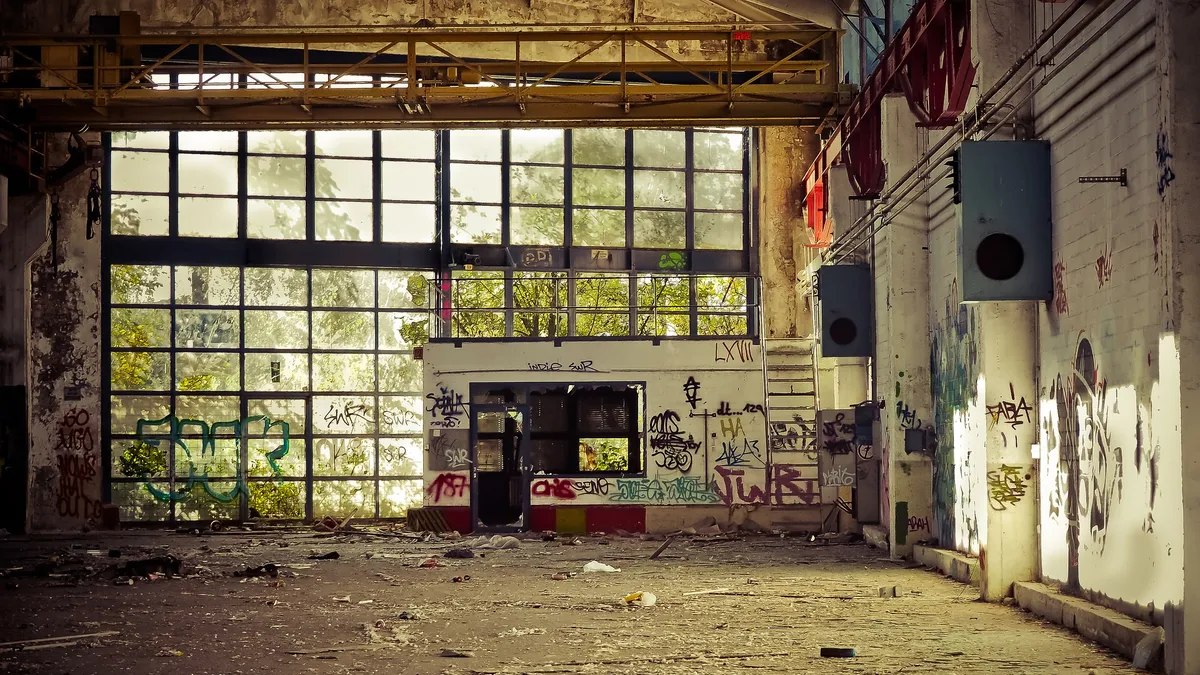Dive Brief:
- Two compliance associations borne from the Rana Plaza factory tragedy of 2013 are succeeding in improving safety standards in Bangladesh, having "remediated" a total of 141 factories in four years, Sourcing Journal reported Monday.
- The Accord on Fire and Building Safety in Bangladesh, associated with Inditex, H&M and Adidas, has found over 100,000 fire, electrical and structural safety hazards in its 1,800 factories and fully corrected 65, with 400 more at 90% remediation.
- Meanwhile, the Alliance for Bangladesh Worker Safety, which monitors Target, Wal-Mart, Macy's and Hudson's Bay Company's supplier factories, said 76 of its 700 factories had reached compliance, although nine others had been suspended, Sourcing Journal reported last week.
Dive Insight:
When the Rana Plaza factory collapsed in 2013, killing 1,137 workers in Bangladesh and injuring hundreds more, it may have changed the retail world forever. It was not the first time poor labor conditions in apparel supplier factories had been brought to light, but it was the deadliest, and as the world heard of the disaster, a more conscious supply chain was born.
Soon thereafter, fast fashion companies were moved to donate to the relief effort or sign one of the several circulating pledges vowing to improve conditions for their suppliers' employees. Some companies, like H&M, did both.
Since then, brand alliances like those mentioned above have sought to improve working conditions, but four years later, it remains painfully clear full remediation is still a long ways away.
Certainly, it is a ray of hope for the retail supply chain that progress remains consistent, albeit slow. Even if less than 10%, that factories are complying indicates efforts to work alongside suppliers for better conditions is working. And for those that don't comply, as the Alliance's example shows, suspension is an option.
However, few can deny poor working conditions at supplier factories remain a chronic problem in the apparel industry. As Global Labour Rights puts it, the industry engaged in "25 years of relentless outsourcing in search of the lowest wage and least regulation," and now they found it, four years of efforts will not easily walk the industry back.
Unfortunately, too, the problem pervades beyond the apparel industry to many developing countries, and even some developed ones. In fact, in a recent report by AsiaInspection, it was found that less than one-third of the factories the non-profit inspected were compliant with company codes of conduct, while 27% of those inspected had critical issues of forced labor and child labor, sexual harassment, and exploitation of refugees.
So what can be done? Progress may be slow, but at least it's happening thanks to the various committed companies, auditors and conscious consumers. The first checkbox of ethical sourcing can be crossed off: Stakeholders are by and large aware that poor labor conditions are a problem. Now, it's time to cross off the second and improve compliance efforts worldwide, and not just in Bangladesh.













